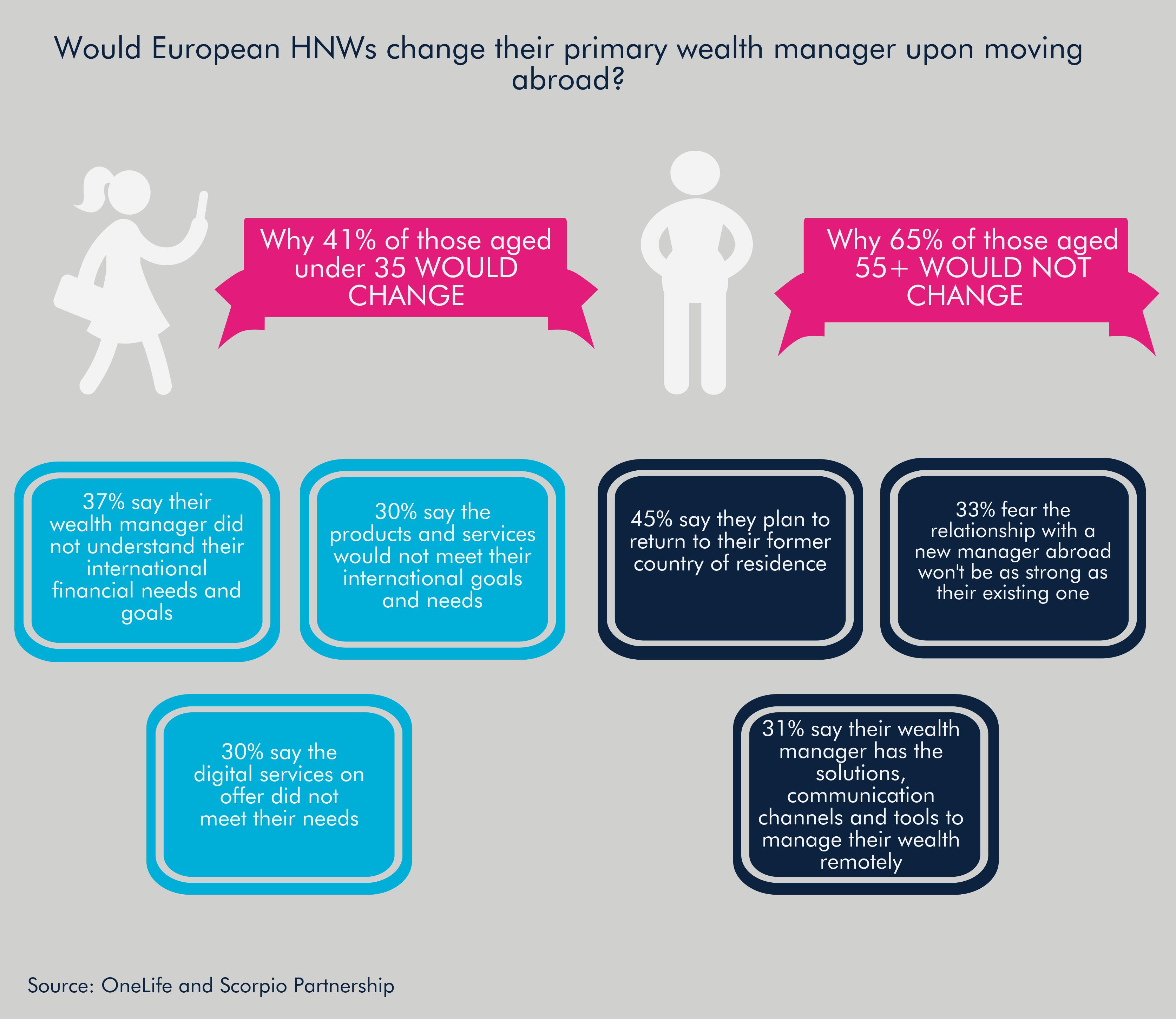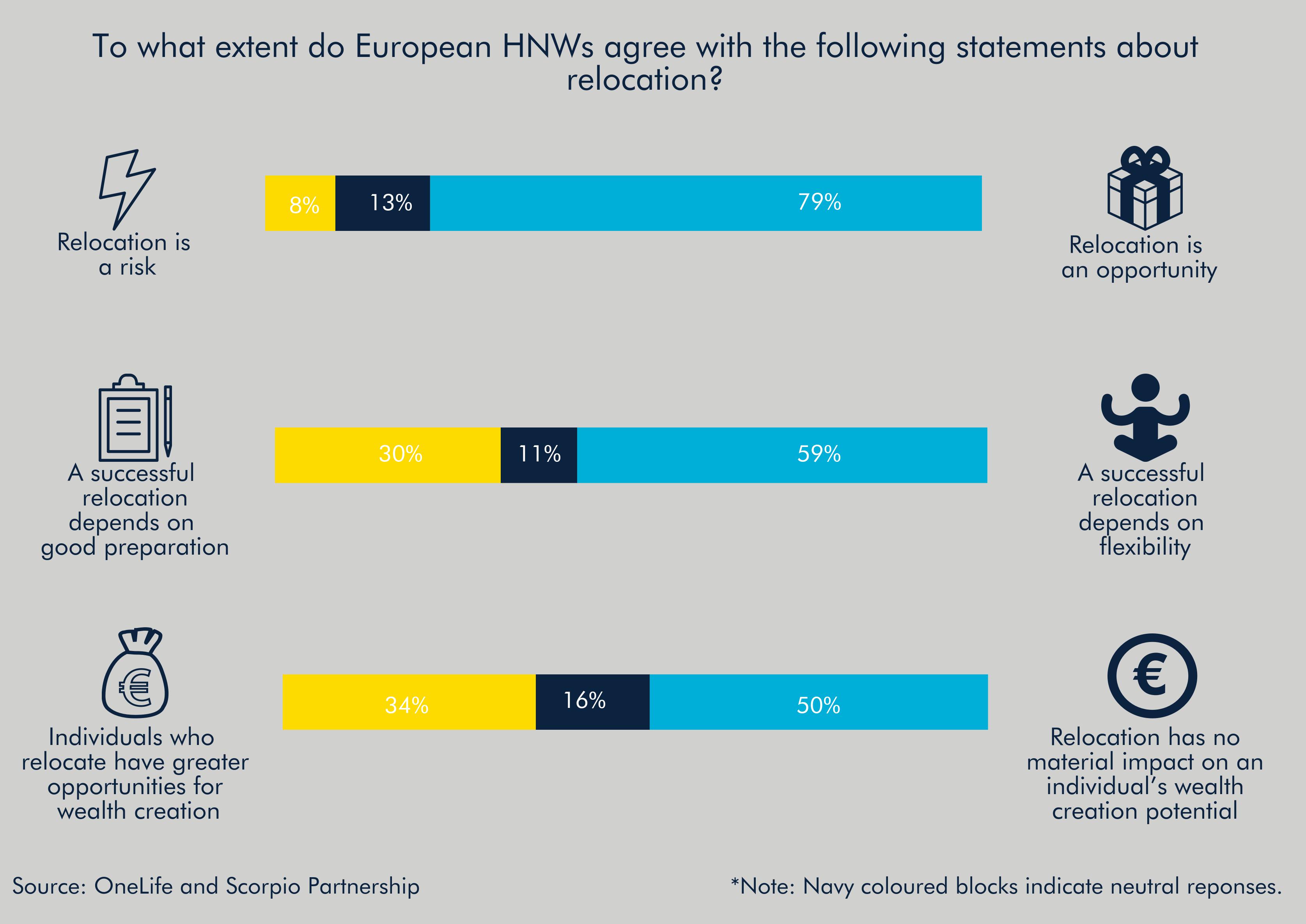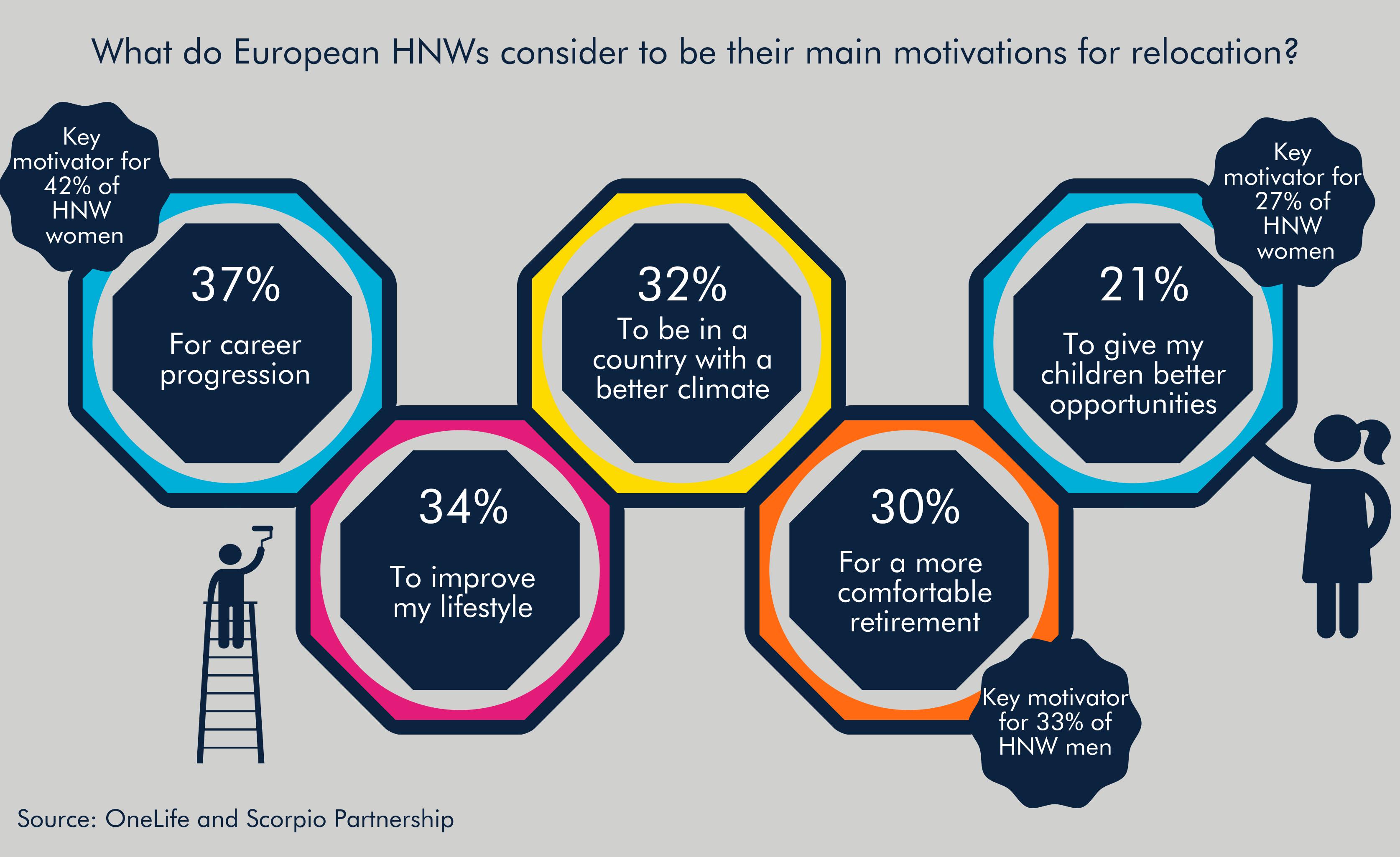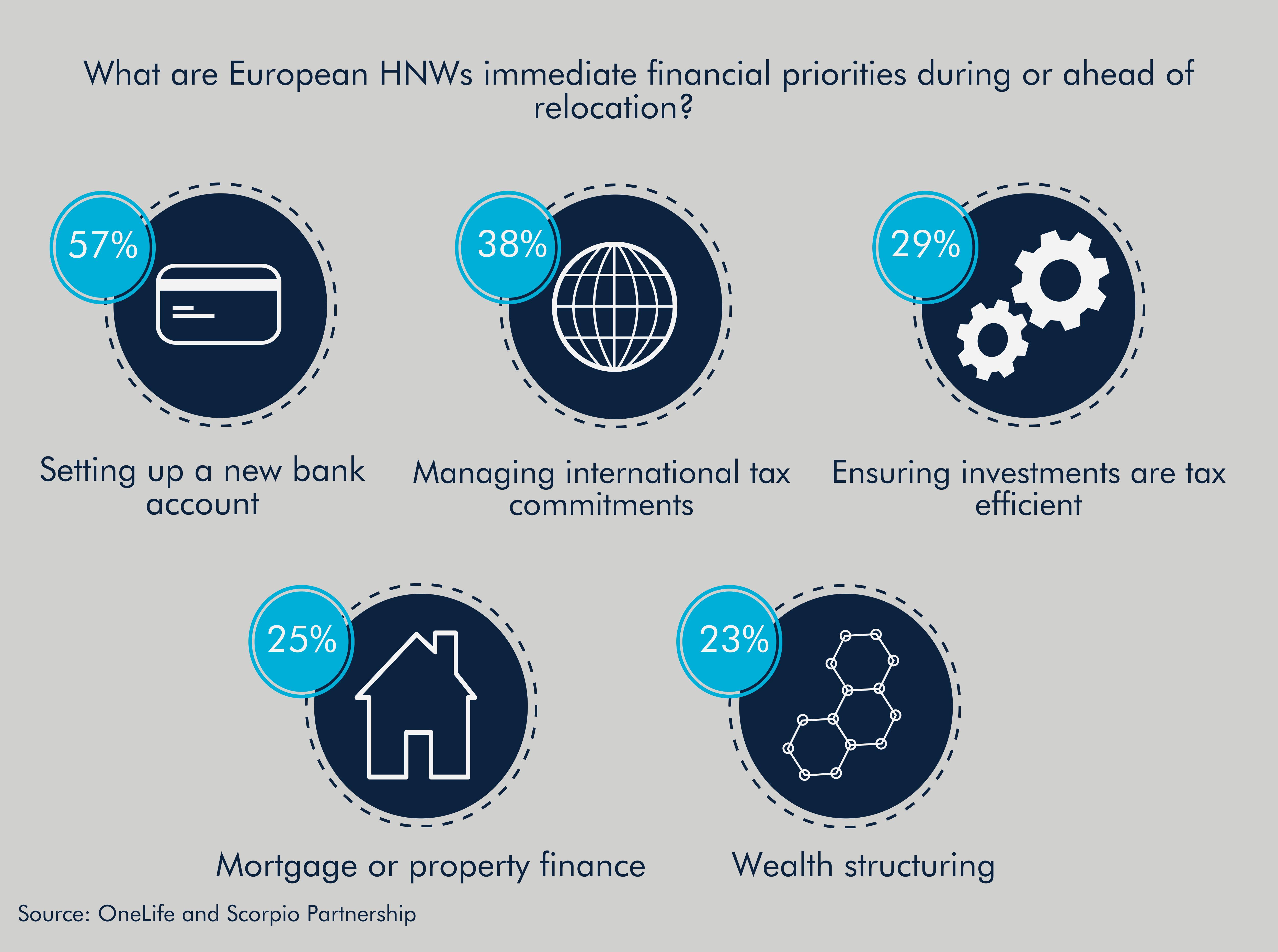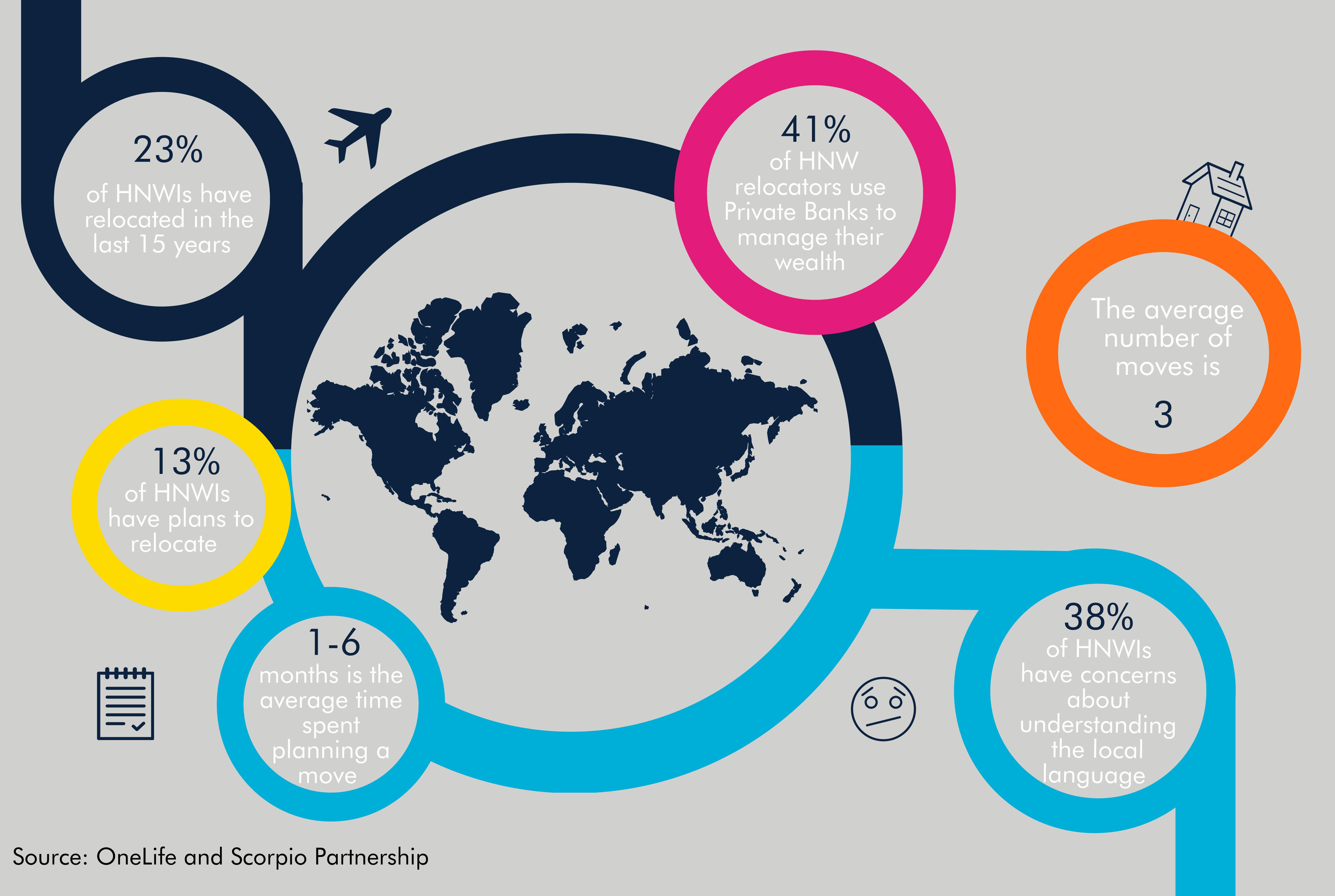The FSMA published two reports on 21 August 2017 on control over compliance with the application of the rules of conduct relating to the duty of due diligence by insurance companies (A) and brokers (B). The aim of these reports is to act as guidelines for all professionals in the sector.The FSMA published two reports on 21 August 2017 on control over compliance with the application of the rules of conduct relating to the duty of due diligence by insurance companies (A) and brokers (B). The aim of these reports is to act as guidelines for all professionals in the sector.
The FSMA prepared these reports by taking sufficiently broad samples in order to obtain a vision of the market trends.
– What is the overall assessment?
– What should we take from these reports?
– What are the FSMA’s recommendations?
Overall the practices of insurance companies and brokers are good but they present weaknesses in terms of compliance with the duty of diligence.

A) The insurance companies
1. The distribution model
This is not always coherent with the distribution network (e.g. network of brokers but the insurance company proposes policy subscriptions to clients by post).
2. Gathering of information
– Not always correctly carried out
– Not always coherent
– Not sufficiently evaluated
3. The suitability test
– Not always correctly carried out
– The FSMA revisits the responsibility of distribution players in evaluating the suitability of a transaction with the client’s profile.
4. Monitoring and checks
Although these checks and monitoring are not yet fully effective due to the lack of maturity of the AssurMiFID application, the FSMA insists on the importance of their implementation.
5. Information provided to clients
This is not always clear, correct and transparent for the client.Moreover, the FSMA draws the attention of insurance companies to the disclaimers which may contradict their duty of diligence.
6. Training of advisers
The FSMA is calling on insurance companies to strengthen training for better compliance with the duty of diligence..
7. Incentives
The FSMA gives a reminder that the aim of these incentives is to improve the quality of the services provided to clients and that it is the insurance companies’ responsibility to check and demonstrate this.8. Insurance companies’ internal procedures.
The FSMA reviewed the procedures for selecting, approving and selling savings or investment insurance which enable compliance with the duty of diligence to be ensured.The FSMA advises insurance companies to identify a “gatekeeper”: a person who is responsible for checking that the clients’ interests are taken into account throughout these internal procedures but also at the time products are launched.
B) Brokers
1. Compliance with the conditions of registration and keeping in the register
– The FSMA has observed that the files were not always updated (change of address), number of PCPs (persons in contact with the public), modification of the shareholder base, etc.), whereas keeping these administrative files up-to-date is mandatory.- The FSMA also found that the status of the PCPs was not clearly established, which has led to failings, in particular failure to comply with the registration obligation as an insurance intermediary for independents collaborating with brokers.
– Lastly, to facilitate these declarations, the FSMA has introduced a “Cabrio” platform which will enable brokers to supply and declare all its information to the authorities more easily.
2. The duty of diligence
– The FSMA revisits the use of the questionnaire introduced by the industry enabling so-called “standardised” profiles to be determined which does not, ultimately, enable the client’s individual information to be taken into account.
– This is why the FSMA is calling on brokers to ensure that these “standardised” profiles actually correspond to the client’s profile.
3. The gathering of information
– This is not always correctly carried out, either in terms of the client’s experience and knowledge or of their objectives and their financial situation.
– It is not always coherent and not always sufficiently documented.
4. The suitability test
– The principle is not clear for certain brokers who cannot successfully demonstrate in which way the test has been carried out, which increases the risk of mis-selling; there appears to be confusion between gathering information and carrying out the suitability test.
5. Information provided to clients
– Not always clear, correct and transparent (in particular the accumulation of statuses across sectors: confusion between banking services brokers and investment or insurance brokers) which runs counter to the objective of the regulation, which is to protect consumers.
6. Incentives
– The FSMA offers a reminder that the aim of these incentives is to improve the quality of services provided to clients and of the risk of conflicts of interest, particularly in the context of a policy of minimum thresholds to be achieved to obtain commissions.
– Moreover, the Client must be informed beforehand of any existing remuneration and incentives.
7. Training of advisers
– Lack of professional knowledge about combatting money laundering, especially on the part of RDs and PCPs. Some do not possess procedures or struggle to apply them in practical terms; the FSMA stressed the need to ensure compliance on this point.
In this regard the FSMA has produced a communiqué on the topic which includes a summary of and an update to the Circular on anti-money laundering obligations. It has also published a special edition (Newsletter) with the Financial Information Processing Unit which recaps on good and bad practice for intermediaries.
– Lagging behind with regard to knowledge recycling obligations.
Conclusions of the FSMA
– “In general this first wave of AssurMifid inspections constitutes an important step in the application on the ground of the rules of conduct which aim to enhance financial consumers’ confidence in insurance intermediaries.
– The pedagogical approach used has already enabled conclusions to be drawn, the publication of which provides practical and useful information for all intermediaries on the FSMA’s expectations in respect of the practical application of the rules of conduct on the ground.
Wish to know more? Please contact:  Nora Belarbi.
Nora Belarbi.
To find out about OneLife’s latest news and developments, please visit: www.onelife.com and follow us on LinkedIn and Twitter.
